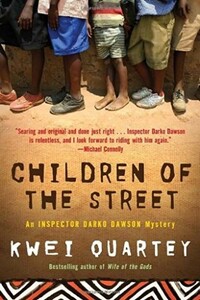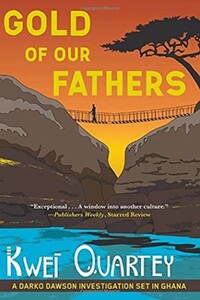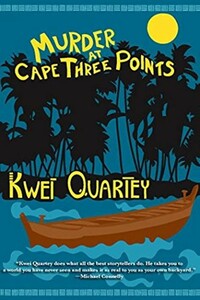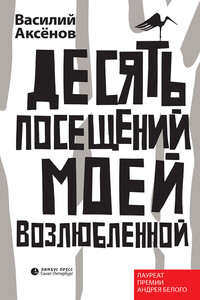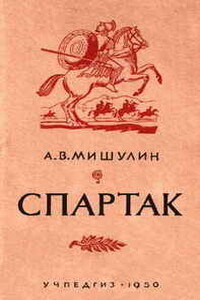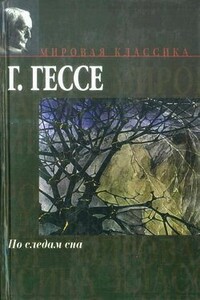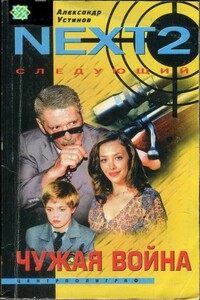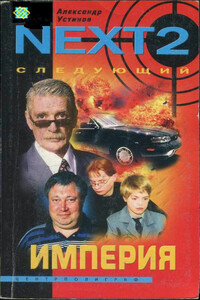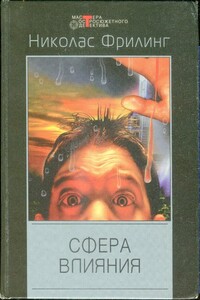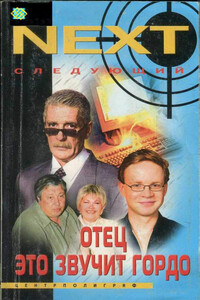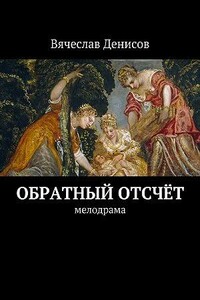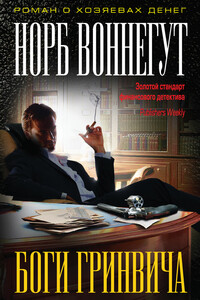The call had come in on a Sunday morning in June.
“For this one,” Detective Sergeant Chikata had said, “I think they will need us.”
On his Honda motorbike, Detective Inspector Darko Dawson sped by industrial buildings along Ring Road West. The dead body was near the Korle Lagoon. Dawson made it there in fifteen minutes. Even if his eyes had been shut, the pervasive, foul smell of the lagoon would have announced to him that he had arrived.
He turned onto Abossey Okai Road, which formed two bridges, the first of them over the refuse-choked Odaw River, which flowed into the lagoon. Agbogbloshie Market on Dawson’s left and Kokomba Market on his right teemed with Sunday shoppers and hawkers trying to sell everything from bananas to sea crabs.
At the second bridge, over a much smaller channel of tarry, polluted water, there were umbrella-shaded market vendors, pedestrians, trucks, and cars mixed together in organized chaos. Dawson parked and locked his bike. Sprawling onto the riverbanks, a crowd of onlookers overflowed both ends of the bridge. Standing at over six feet, Dawson could see above most people’s heads. Detective Sergeant Chikata and a uniformed man Dawson didn’t know were about a hundred meters up on the south bank of the channel. Framed apocalyptically against dense black smoke billowing from somewhere upstream, Deputy Superintendent Bright and three members of his crime scene team, all in masks, gloves, and galoshes, were moving about knee-deep in the foul mire.
Dawson skirted the mass of the crowd and made his way onto the bank. It was carpeted with litter, much of it plastic bottles discarded without a second’s thought after the contained water had been drunk. The rest of the junk included boxes, tin cans, abandoned clothing, trash bags, pieces of machinery, old tires, coconut husks, and unidentifiable bits of metal and plastic detritus. There was also the kind of human waste Dawson definitely did not want his shoes to touch, some of it exposed, some of it in “flying toilets”-tossed black plastic bags with excrement inside.
The impossibly good-looking Detective Sergeant Chikata, Dawson’s junior in rank in the Criminal Investigations Department (CID) Homicide Division, looked up as Dawson approached.
“Morning, Dawson.”
“Morning, Chikata.”
“Body of a dead male spotted in there this morning.”
“How did we get notified?”
Chikata introduced the bulky, flinty-eyed man next to him. “This is Inspector Agyekum. He was the Korle Bu station officer this morning.”
Agyekum was Detective Inspector Dawson’s rank equivalent, but as a general inspector he wore the standard, heavy, sweltering dark blue uniform of the Ghana Police Service (GPS) in contrast to CID’s plainclothesmen.
“Morning, Inspector.” Dawson shook hands, finishing with the customary mutual finger snap.
“I was starting my shift when a small boy came into the station,” Agyekum took up. “That’s him there with Constable Gyamfi.” He pointed his chin farther along the bank where a police constable stood over a boy of about eight sitting on the ground with his head down and his arms folded tightly across his skinny body.
“Many people saw the body,” Agyekum continued, “but because they fear the police, they just kept quiet. But the boy took it upon himself to run over to the Korle Bu station to report it.”
“He’s a brave young man,” Dawson said, looking over at the boy with approval. “And then?”
“Constable Gyamfi took the report in the station and brought it to me,” Agyekum said, “then the two of us returned with the boy. When I saw the body there, I decided to call the Crime Scene Unit.”
